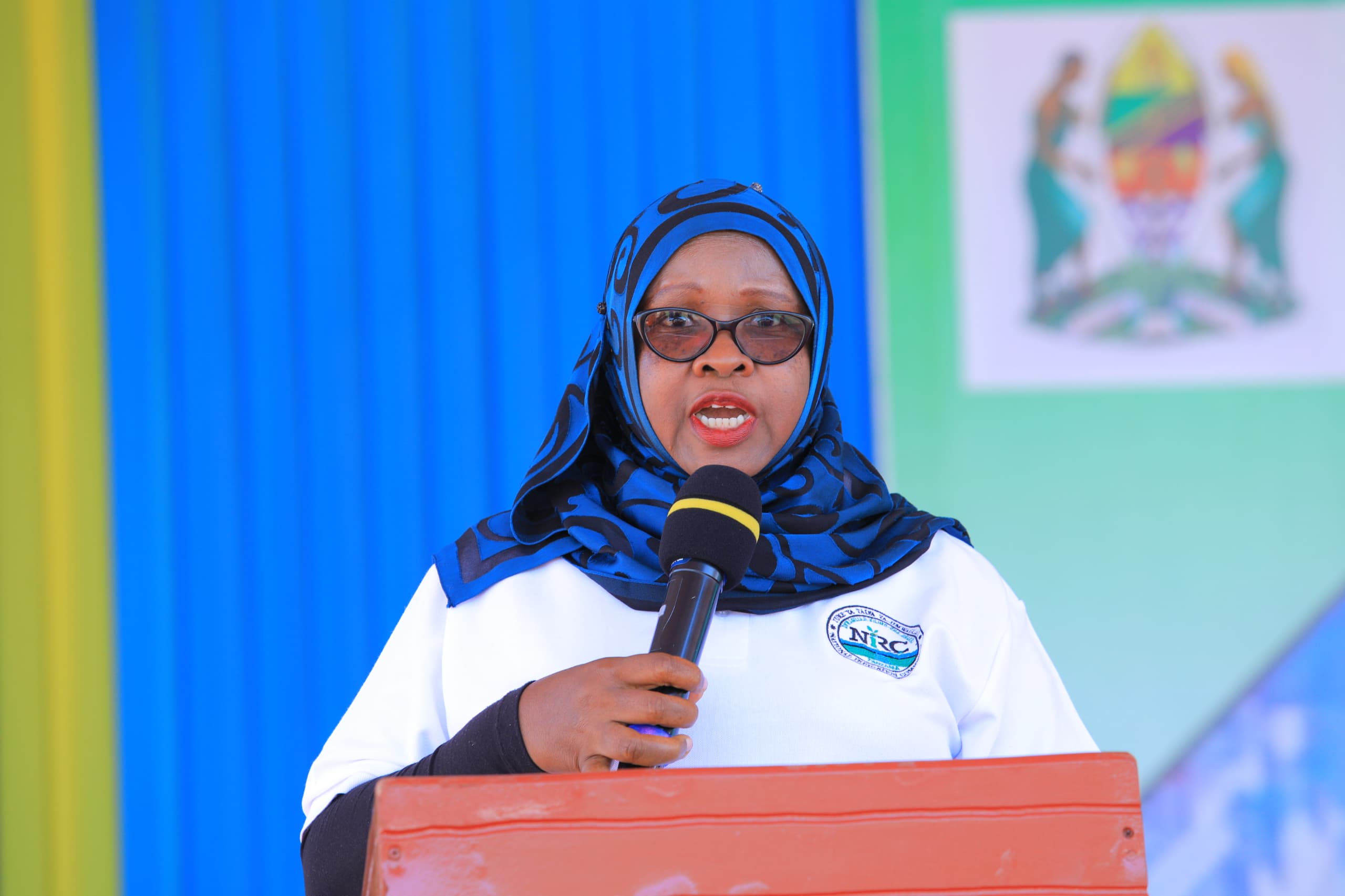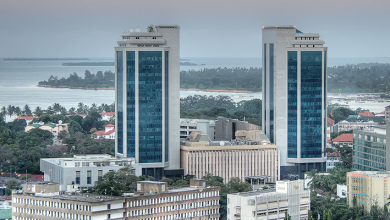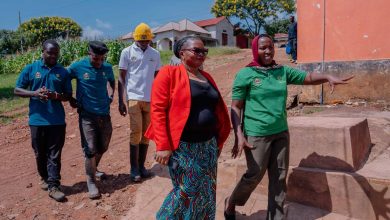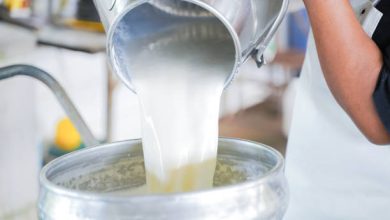RC challenges beekeepers to modernise business

MPANDA – KATAVI Region has encouraged local beekeepers to adopt to modern techniques and called for increased investment to meet rising honey demand.
The Katavi Regional Commissioner, Ms Mwanamvua Mrindoko, challenged beekeepers to use modern hives to boost honey production and maximise income.
“The market for honey and beekeeping products are relatively large and Katavi has not been able to meet the demand,” she said over the weekend when meeting with the new elected leadership of Tanzania Beekeeping Development Organisation (TABEDO).
Tanzania Forest Service (TFS) data show that the country is producing 30,400 tonnes of honey per year though exports merely 5.0 per cent while the rest is consumed locally.
Katavi produces around 300 to 400 tonnes of honey per year. The latest retail natural honey price in Katavi and Rukwa is between 2.19 US dollars (5,475/-) and 4.09 US dollars (10,225/-) per kilogram.
Katavi is endowed with useful ecological zones for supporting the flourishing of beekeeping activities and a great potential to contribute significantly to the region and the national economy.
“Katavi citizens should transform beekeeping into an effective commercial undertaking. Beekeepers must shift from traditional hives to stateof-the-art technologies for increased productivity and bigger returns,” said the RC.
In additional, the modern hives can enable beekeepers to harvest eight bee products such as honey, bee pollen, royal jelly, propolis, bee bread, bee soup, bee wax and bee venom. The honey sub-sector contributes to the national economy by generating about 19 million US dollars per annum and employing more than two million people, according to TFS.
TABEDO plans to raise awareness by motivating communities in Katavi on increasing honey production and consumption. Tanzania ranks 14th in the world for beekeeping and second in Africa, with most of the country’s honey and beeswax exported to Germany, France, Belgium, the Netherlands, Oman, the US, Japan, Burundi, Rwanda, Uganda, Congo (DRC), Somalia and neighbouring Kenya.
The country holds at least 48.1 million hectares of forests equivalent to 54 per cent of the country’s area. The country’s honey is considered unique due to its natural and organic nature compared to honey from other countries.





